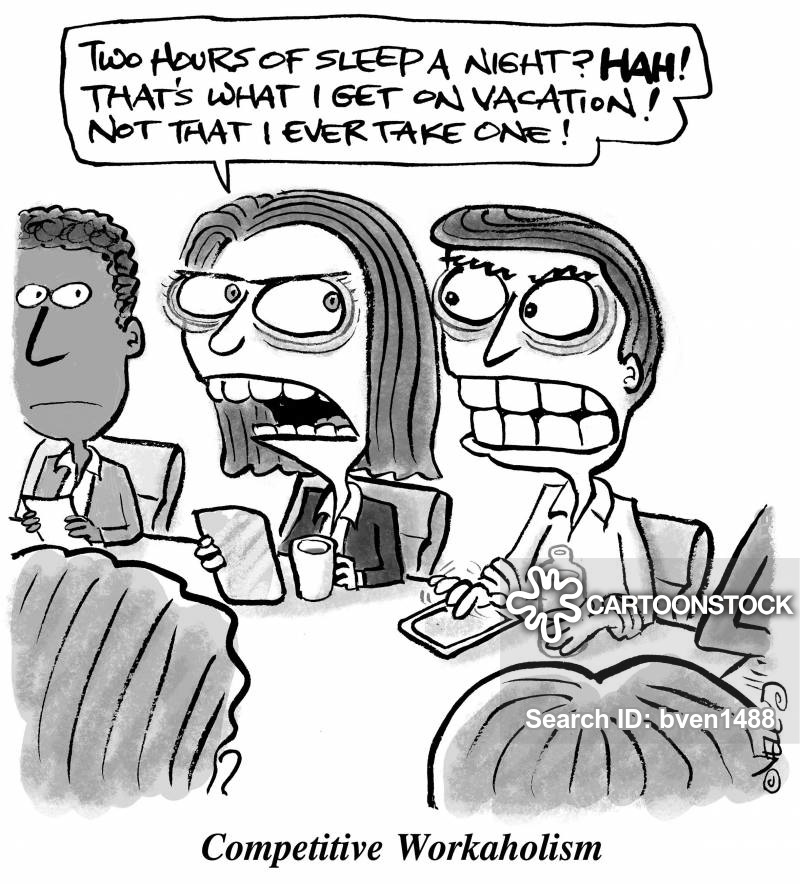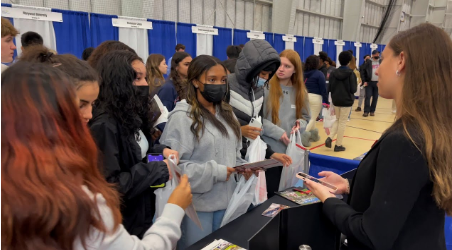Sleep Deprivation: A Growing Problem
Sleep has become a faraway fantasy for many high school students. With homework piling up, tests to study for, extracurriculars to keep up with, not to mention the need to relax and spend time with your friends and family, sleep always seems to be what gets sacrificed. Children aged between ten and seventeen years old are recommended to get 8.5 to 9.25 hours of sleep. However, this is rarely the case. Only 20% of teenagers get adequate sleep on a school night, according to a poll from 2006. Sleep deprivation is becoming more and more common because people are trying to get as much done in their day as possible, and their sleep ends up getting sacrificed, notes Columbia University’s Department of Neurology.
Why are students not getting enough sleep? Stress could definitely be a contributing factor. If you have a lot on your mind and are stressed, it could prevent you from falling asleep or staying that way. Another possible reason people don’t get enough sleep is that we are overusing technology, especially smartphones. As of October 2019, 53% of children in the United States owned a smartphone by the time they were 11 years old and 84% of teens had their own cell phone. The blue light given off by screens on our electronic devices delays sleep latency, the amount of time it takes you to go from being awake to being asleep, by around 10 minutes, according to a 2015 Harvard study.
Sleep allows your body to function properly and without enough of it, our health can and will suffer. Sleep deprivation can have effects on your ability to function, resulting in poor performance at work or school, paranoia, and having a hard time making decisions. It can also lead to forgetfulness and a lack of concentration. Sleep loss can negatively impact a person’s ability to determine the risk involved in a situation and their ability to adapt to changing information, as well as change their strategies for solving problems based on this new information. Losing sleep can also cause mood swings and cause you to be angrier. Sleep deprivation makes it more difficult to be empathetic and consider someone else’s perspective.
Not getting enough sleep even has an impact on your physical health. For example, sleep deprivation can lead to an increased risk for a stroke, an asthma attack, and/or hallucinations. It can also lead to you not being able to fight off infections and having less physical strength. Sleep deprivation has also been linked to various health problems, such as obesity, diabetes, heart disease, kidney disease, high blood pressure, stroke, and depression as well as headaches and clumsiness. Sleep deprivation can even lead to seizures. Sleep deprivation can also have other fatal effects since car accidents are more common in drivers who sleep less than seven hours a night.
Here are three tips to help you sleep better:
- Increase your exposure to bright light (natural light is the best) in the daytime to keep your circadian rhythm (your inside clock) healthy
- Reduce your exposure to blue light in the evening. Blue light is emitted from your electronic devices, so use glasses that block blue light and/or stop using these devices a few hours before you go to bed.
- Take a nice bath or shower to help you relax and get better quality sleep.
Sleep is a crucial part of staying healthy and without it, our health, both mental and physical, as well as the health of those around us can take a serious turn for the worse.






